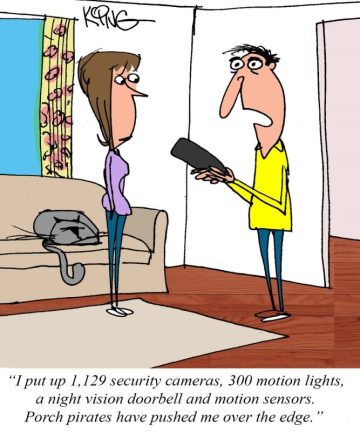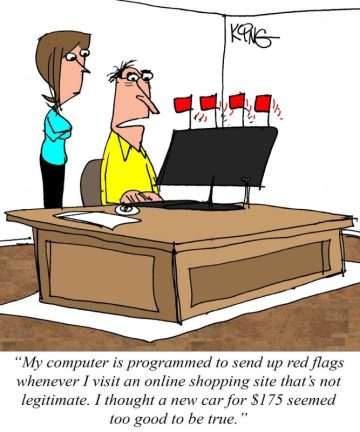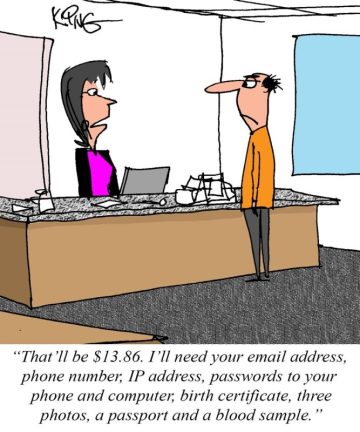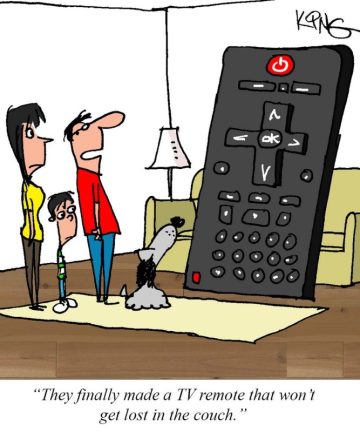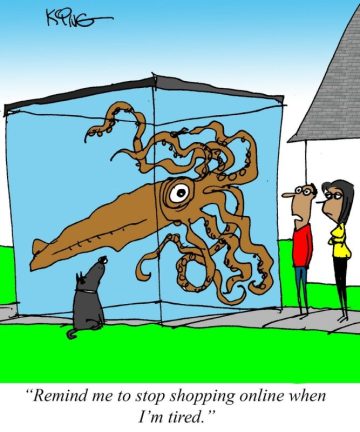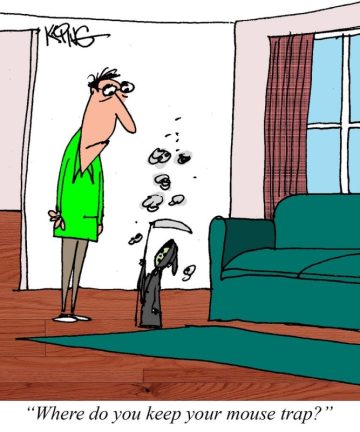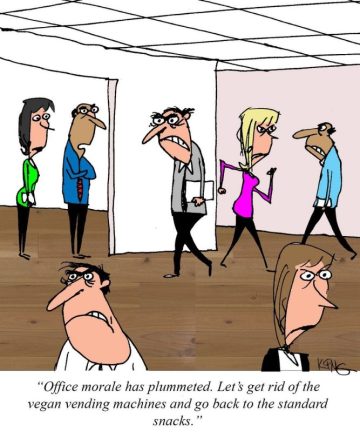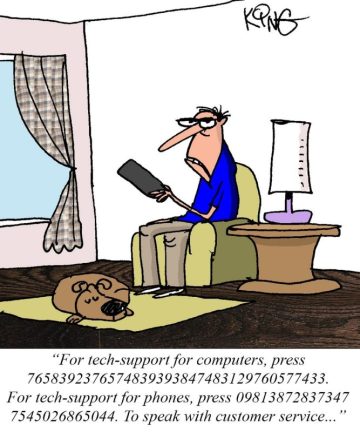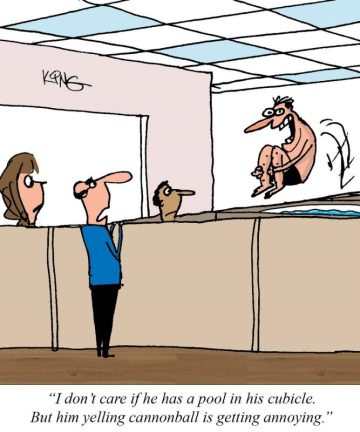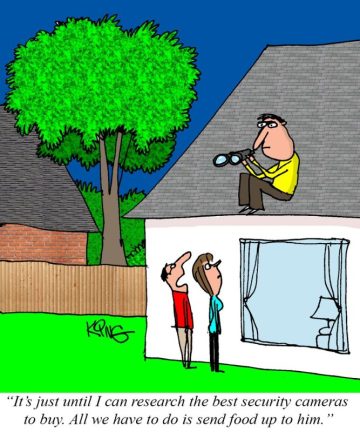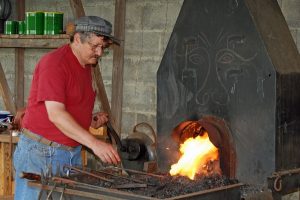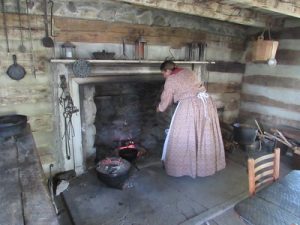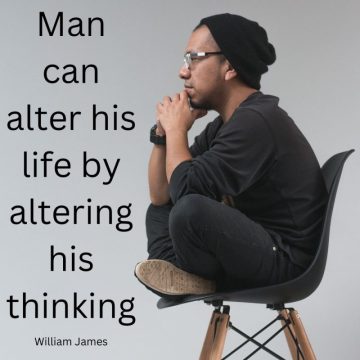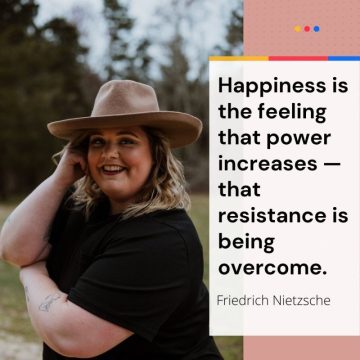Front Royal Wednesday Night Bingo

221 N. Commerce Avenue | Front Royal VA 22630
Bingo to support the American Cancer Society mission, organized by Relay For Life of Front Royal.
- Every Wednesday evening
- Early Bird Bingo at 6:30 p.m.
- Regular Bingo from 7-9:30 p.m.
- Food and refreshments available
- More Info on Facebook

Livestream - FR Cardinals
Front Royal Cardinals Set for “Catholic Night” Showdown with New Market Rebels
221 N. Commerce Avenue | Front Royal VA 22630
The highly anticipated matchup between the Front Royal Cardinals and the New Market Rebels is set to take place tonight at Bing Crosby Stadium, with the first pitch scheduled for 7 p.m. This evening marks the first of two special “Catholic Nights” sponsored by the Front Royal Catholic community. The second event is slated for Friday, July 19th. These events are sponsored by the Knights of Columbus, Christendom College, and the Lloyd Law Group.
The local Catholic community has extended an invitation to join them for a night of baseball fun. By presenting a copy of the event flyer, families can attend the game free of charge. This gesture aims to fill all 1,500 seats in the stadium, creating a vibrant and supportive atmosphere for the Cardinals.
Admission Details:
- Entire families can gain free admission by presenting a flyer, which can be printed at home.
- The goal is to fill all 1,500 seats at Bing Crosby Stadium, ensuring a lively and enthusiastic crowd.
- Click here for more details and download the flyer.
Event Highlights:
- Gates open early, allowing fans to secure the best seats and enjoy pre-game festivities.
- The first pitch is scheduled for 7 p.m., but fans are encouraged to arrive early.
Can’t Attend? Watch Live!
For those unable to make it to the stadium, the Royal Examiner has arranged to live-stream the event. The live stream will begin at 6:45 p.m., allowing viewers to settle in and not miss any action.
This game is not just a regular season fixture but also a community event that brings together families and neighbors. The collaborative effort between the Knights of Columbus, Christendom College, and the Lloyd Law Group underscores the community spirit in Front Royal. The initiative to host these “Catholic Nights” reflects a commitment to fostering local unity through sports.
Looking Ahead
Mark your calendars for the next “Catholic Night” on July 19th, with the same generous offer for families. It’s another opportunity to enjoy a summer evening filled with baseball, community spirit, and free admission courtesy of the local Catholic organizations.
Join the Fun
Whether you’re cheering from the stands or watching from home, tonight’s game promises to be a thrilling experience. The Cardinals and Rebels are ready to deliver an exciting game, and with the community’s support, it will surely be a night to remember.
Food
Strawberry Puff Pastry – Spectacularly Simple!
221 N. Commerce Avenue | Front Royal VA 22630
Are you looking for a delicious and eye-catching dessert that’s easy to make? Look no further!
Ingredients (Servings: 6 to 8)
- 1 box of store-bought puff pastry (10 inches x 10 inches)
- 1 cup chocolate-hazelnut spread (Nutella style)
- 1 pound fresh strawberries, thinly sliced lengthwise
- A few mint leaves
- A small piece of chocolate
Directions
- Bake the Puff Pastry: Preheat your oven to 400°F (200°C). Bake the puff pastry on a parchment-lined baking sheet per the package instructions, usually around 20 minutes. Let it cool completely before proceeding to the next step.
- Add the Spread: Once the pastry has cooled, gently smear the chocolate hazelnut spread over the entire surface of the pastry.
- Arrange the Strawberries: Neatly arrange the strawberry slices on top of the spread, covering the pastry evenly.
- Garnish: Garnish with a few mint leaves for a pop of color and freshness. Finally, grate a small piece of chocolate over the entire dessert for an extra touch of sweetness.
Enjoy your spectacularly simple and delicious strawberry puff pastry!
Interesting Things to Know
6 Summer Activities to Do With Your Grandchildren
221 N. Commerce Avenue | Front Royal VA 22630
Spending time outdoors with your grandchildren is a great way to create memories while promoting an active, healthy lifestyle. Here are six outdoor activities you can try to make the most of your summer:
- Have a Beach Day: Pack beach toys, towels, and a picnic for a fun day in the sun. Build sandcastles, play Frisbee, and swim to your heart’s content! Don’t forget the sunscreen and hats to protect everyone from the sun’s rays. Beach days are perfect for relaxing and enjoying the beauty of the ocean while having fun with your grandchildren.
- Go Hiking: Take an age-appropriate hike with your grandchildren. Easy walking trails allow you to observe nature while encouraging an active lifestyle. Look for trails with interesting landmarks or wildlife to keep the kids engaged. Bring a small backpack with snacks, water, and a first aid kit for safety.
- Arrange a Treasure Hunt: Organize a treasure hunt in your yard or a nearby park. Prepare fun clues for the children, encouraging them to explore their surroundings while solving riddles. This activity can be educational and exciting, stimulating their problem-solving skills and sense of adventure.
- Host a Painting Workshop: Get canvases, brushes, and paints, and let your creativity flow outdoors. Set up a painting area in the backyard or a park and allow the grandchildren to express themselves through art. This activity is fun and helps develop their artistic skills and creativity. You can even frame their artwork as a keepsake of your special time together.
- Go on a Bike Ride: Choose a path suitable for your grandchildren’s age, and wear helmets. Cycling is a great way to get exercise while taking in the sights. Look for bike trails in local parks or along scenic routes. Remember to carry water bottles and take breaks to keep everyone energized and hydrated.
- Do Yoga: Choose a peaceful spot, bring some yoga mats, and enjoy an energizing session in the great outdoors. Yoga can help improve your flexibility and concentration while reducing stress. Children can do many simple yoga poses, making it a fun and relaxing activity for all ages. Consider following a kid-friendly yoga video or routine to keep it engaging.
Doing these activities will give you a unique chance to bond with your grandchildren while encouraging their physical, emotional, and social development. This summer, taste the great outdoors and make some unforgettable memories as you explore nature together!
Regional News
Scientists Argue Over the Origins of COVID-19 Before U.S. Senate Panel
221 N. Commerce Avenue | Front Royal VA 22630
WASHINGTON — Scientists debated the origins of COVID-19 on Tuesday, trading barbs over whether the bulk of evidence available points to a natural spillover event from a wild animal or a virus designed in a lab and then let loose through an inadvertent leak.
The hearing in front of the U.S. Senate Homeland Security and Governmental Affairs Committee was part of ongoing efforts in Congress to apply the lessons learned during the pandemic to prevent or blunt the next outbreak.
Gregory Koblentz, associate professor and director of the Biodefense Graduate Program at George Mason University in Virginia, said during the two-hour hearing that debate continues in the scientific community about the origins.
“The possibility that SARS-CoV-2 was deliberately developed as a biological weapon has been unanimously rejected by all U.S. intelligence agencies,” Koblentz testified. “While the intelligence community is divided on the origin of the pandemic, most of the agencies have determined that the virus was not genetically engineered.”
Residents in Wuhan, China, were first diagnosed with “an atypical pneumonia-like illness” in December 2019, according to a COVID-19 timeline from the Centers for Disease Control and Prevention.
Initial cases all appeared linked to the Huanan Seafood Wholesale Market at the time, though there has since been much speculation about the types of research taking place at the Wuhan Institute of Virology.
Koblentz said he believes the available evidence points to a spillover event from an animal, though he added a “research-related accident can’t be ruled out at this time.”
The lack of transparency and data from the Chinese government has significantly hindered scientists’ efforts to unify around the origin of COVID-19, he said.
Scientists battle over lab vs. spillover
Richard Ebright, board of governors professor of chemistry and chemical biology and laboratory director at the Waksman Institute of Microbiology at Rutgers University in New Jersey, testified he believes a “large preponderance of evidence indicates SARS-CoV-2, the virus that causes COVID-19, entered humans through a research incident.”
Ebright also leveled criticism at fellow panelist Robert Garry, who, along with a handful of co-authors, published an opinion article in the journal nature medicine in March 2020, titled “The proximal origin of SARS-CoV-2.”
In the commentary, Garry and the other scientists wrote, “we do not believe that any type of laboratory-based scenario is plausible.”
Ebright said during Tuesday’s hearing that the opinion article represented “scientific misconduct up to and including fraud,” a characterization that Garry rejected during the hearing.
“The authors were stating their opinion, but that opinion was not well-founded,” Ebright said. “In March of 2020, there was no basis to state that as a conclusion, as opposed to simply being a hypothesis.”
Garry, professor and associate dean of the School of Medicine at Tulane University in Louisiana, argued on behalf of the spillover event during the hearing, testifying that the virus likely didn’t move directly from a bat to humans, but went to an unidentified intermediary animal.
“The bat coronaviruses are viruses that are spread by the gastrointestinal route,” Garry said. “For a virus like this to become a respiratory virus — it’s just going to require too many mutations, too many changes for a bat virus to spill directly over to a human being. That could only really happen in nature with replication through an intermediate animal.”
Garry also defended gain-of-function research during the hearing, arguing that it has had some beneficial impact, though he noted that it does need “appropriate safeguards and restrictions.”
Lawmakers and pundits have used several, often evolving, definitions for gain-of-function research in the wake of the COVID-19 pandemic. The American Society for Microbiology defines it as techniques “used in research to alter the function of an organism in such a way that it is able to do more than it used to do.”
When research is “responsibly performed” on highly transmissible and pathogenic viruses, it can lead to advances in public health and national security, Garry testified.
“Without gain-of-function research, we’d have no Tamiflu. Without gain-of-function research, we wouldn’t have a vaccine to prevent cancer caused by infection by the human papilloma virus,” Garry said. “And without gain-of-function research, we won’t be able to identify how novel viruses infect us. And if we don’t know how they infect us, we cannot develop appropriate treatments and cures for the next potential pandemic creating virus.”
Oversight of funding, research
New Hampshire Democratic Sen. Maggie Hassan raised several questions about whether there’s enough oversight of how the United States spends research dollars as well as what mechanisms are in place to monitor how private entities conduct certain types of research.
“While their research has the potential to cure diseases and boost our economy, unless they accept federal funding, there is very little federal oversight to ensure that private labs are engaged in safe and ethical research,” she said.
Koblentz from George Mason University said there is much less oversight of biosafety and biosecurity for private research facilities that don’t receive federal funding.
“In order to expand the scope of oversight to all privately funded research, (it) would require legislative action,” Koblentz said.
Congress, he said, should establish a national bio-risk management agency that would have authority over biosafety and biosecurity “regardless of the source of funding.”
“At the end of the day, it shouldn’t matter where the funding comes from in terms of making sure this research is being done safely, securely and responsibly,” Koblentz said.
Kentucky Republican Sen. Rand Paul, ranking member on the committee, said the panel will hold an upcoming hearing specifically on gain-of-function research, including what steps Congress should take to ensure it doesn’t put the public at risk.
The next pandemic
Committee Chairman Gary Peters, a Michigan Democrat, said during the hearing that lawmakers “must learn from the challenges faced during this pandemic to ensure we can better protect Americans from future potential biological incidents.”
“Our government needs the flexibility to determine the origins of naturally occurring outbreaks, as well as potential outbreaks that could arise from mistakes or malicious intent,” Peters said.
Utah Republican Sen. Mitt Romney, after listening to some of the debate, expressed exasperation that so much attention is going toward what caused the last pandemic and not on how to prepare for the next one.
“Given the fact that it could have been either, we know what action we ought to take to protect from either,” Romney said. “And so why there’s so much passion around that makes me think it’s more political than scientific, but maybe I’m wrong.”
The United States, he said, shouldn’t be funding gain-of-function research and should “insist” that anyone who receives federal funding follow the standards of the International Organization for Standardization.
by Jennifer Shutt, Virginia Mercury
Virginia Mercury is part of States Newsroom, a nonprofit news network supported by grants and a coalition of donors as a 501c(3) public charity. Virginia Mercury maintains editorial independence. Contact Editor Samantha Willis for questions: info@virginiamercury.com. Follow Virginia Mercury on Facebook and X.
Community Events
Third Annual Gospel-Fest Unites Community in Support of Habitat for Humanity Housing
221 N. Commerce Avenue | Front Royal VA 22630
We spoke to organizers of the third annual Gospel-Fest event held Saturday, June 15, at the Gazebo-anchored Village Commons Park at the intersection of East Main and Chester Streets in Historic Downtown Front Royal. The event, organized in support of Habitat for Humanity efforts on behalf of families struggling to maintain a livable home situation in this community, featured Gospel music performances by a number of area musical and church-based groups.
A full list of featured performers was supplied to us by event organizer Pastor Shannon Roman of The Embassy Deliverance & Worship Center, Front Royal, Va. Campus, they were: Mary and Wimpy Kenny, Band of Brothers, Voices of Grace, Meade Skelton, The Diamond Warriors, House of God Path to Heaven Worship Team, Heart of Worship Dancers, and Grace by Faith. Below band and choir shots were provided by organizers without IDs – But let’s just say you all know who you are and how great you all were on Saturday.

From the Gazebos stage, Gospel and spiritually oriented choirs and musicians expressed the spirit of unity of purpose in providing community assistance to families in need. While we don’t have IDs for the musical performers photos, you and the crowd, knows who you are and how GREAT you all were. A full list of performers is included in the story text. – Courtesy Photos Gospel-Fest organizers



Pastor Roman cited Virginia Housing as the event’s primary sponsor and added this observation about the impetus of the now annual Gospel-Fest: “This event was to showcase the Christianity in Habitat For Humanity and show people that we care about helping people to live safely and get affordable housing in our community. We thank the Lord for allowing us to have such a great event that didn’t only showcase singers but also brought churches together to serve one mission and that’s to glorify God for allowing us to come together to build in our community for families in need.
“It was an awesome event … the 4th year is in the works,” she enthused of a project she helped launch three years ago.
We also reached out to Habitat for Humanity, whose director Andrea Ross responded. “Warren County Habitat for Humanity would like to take the time to thank all of the vendors and churches that came out and showed their support. There was soul stirring music, dancing, delicious food and everyone had a good time.

Let’s have some fun – I think we already are!!! – Courtesy Photos Gospel-Fest organizers


“The kids got to get their faces painted, made slime, painted rocks and enjoyed the bounce house. We are grateful for the support of the community to be able to present what fun, faith and unity looks like. Events like the Gospel Fest allow us to remind our citizens publicly that we are a resource for affordable housing and home repairs for the residents of Warren County,” Ross observed, adding, “A special thank you to Virginia Housing as our premium sponsor, Premier Home and Lawn Care LLC for donating the bounce house, State Farm agencies of Bill Powers and Ellen Aders,” Ross added with a nod to all those others who contributed to the event. “We are excited to prepare for our 4th Annual Gospel Fest and we are looking forward to it getting bigger and better as it has every year.”

Event booths, starting with Habitat for Humanity’s Deborah Siksay chatting with neighboring business owner Jim Justice of the Chester St. Tavern, and on reflected the spiritual unity in joining together to provide community assistance to those in need. – Royal Examiner Photos Roger Bianchini






Sponsors included: Harvest Mission, Latter Day Saints, Luxor Detailing, Leaf Home, Laura’s Lemonade, Capture the Moment by Jenn, Artsifi Gems, Seniors First, Kim Roivas, Just Serve, Sewfanciful ETC, A Little of Heaven Catering, Merry Mountain Mama, EM Woodworking, Bad Dog Barbeque LLC, Signs and Designs by Laura, Grace Bible Fellowship, Warren County Democratic Committee, Romans Hair School Front Royal, Embassy Deliverance & Worship, Warren Coalition, Orchard Ministries International, Guts Media, Busy B Wood Art, Riverton United, Gonewestern Tack & Apparel.
Obituaries
Colonel Daniel Charles Daly (1932 – 2024)
221 N. Commerce Avenue | Front Royal VA 22630
Colonel Daniel Charles Daly, 92, of Front Royal, Virginia, passed away on Monday, June 17, 2024, at Commonwealth Senior Living in Front Royal.

Colonel Daniel Charles Daly
A Mass of Christian Burial will be held on Friday, June 28, 2024, at 10:30 AM at St. John the Baptist Catholic Church, 120 West Main Street, Front Royal, with Father Tom Shepanzyk officiating. Burial will follow at Quantico National Cemetery.
Colonel Daly was born on January 21, 1932, in Tampa, Florida, to the late Henry and Ethel Welch Daly. He retired from the United States Marine Corps achieving the rank of Colonel. He was a graduate of the University of Maryland, served in the Vietnam War and was a member of St. John the Baptist Catholic Church.
Survivors include his wife of 63 years, Joanne R. Daly of Front Royal; son, Daniel C. Daly Jr. of Washington, DC; daughter, Joanne Marie Carver (Steven) of Strasburg, Virginia; two grandchildren, Jacob S. Carver and Haley Carver and one great grandchild.
The family will receive friends one hour prior to the service at Maddox Funeral Home, 105 West Main Street, Front Royal.
In lieu of flowers memorial donations may be made to St. John the Baptist Catholic Church, 120 West Main Street, Front Royal, Virginia 22630 or to Gentiva Hospice, 420 Neff Ave #110, Harrisonburg, Virginia 22801.




